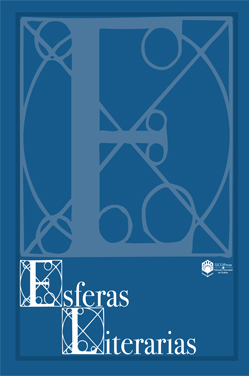The disease that remains: Reconstruction of the Wasteland Myth in Ian McEwan's «Machines Like Me»
Main Article Content
Abstract
In British literature, the Wasteland myth, famous due to its appearance in the Arthurian cycle, became a clear example of myth with great moral content. And like all myths, the Wasteland has evolved and the Grail, which would restore it to paradise, has abandoned the curative function and became unattainable. In Machines Like Me (2019), Charlie faces the adoption of an android, Adam, who from the beginning will be defined as «the Grail of Science» and who will gradually acquire a more human behaviour than that of his adoptive father. Charlie’s frustrations and the consequent devastation of his personal life, with Adam as the driving force, will embark him on the search for his paradise in a Wasteland ravaged by the Falklands war, where the United Kingdom will be defeated.




